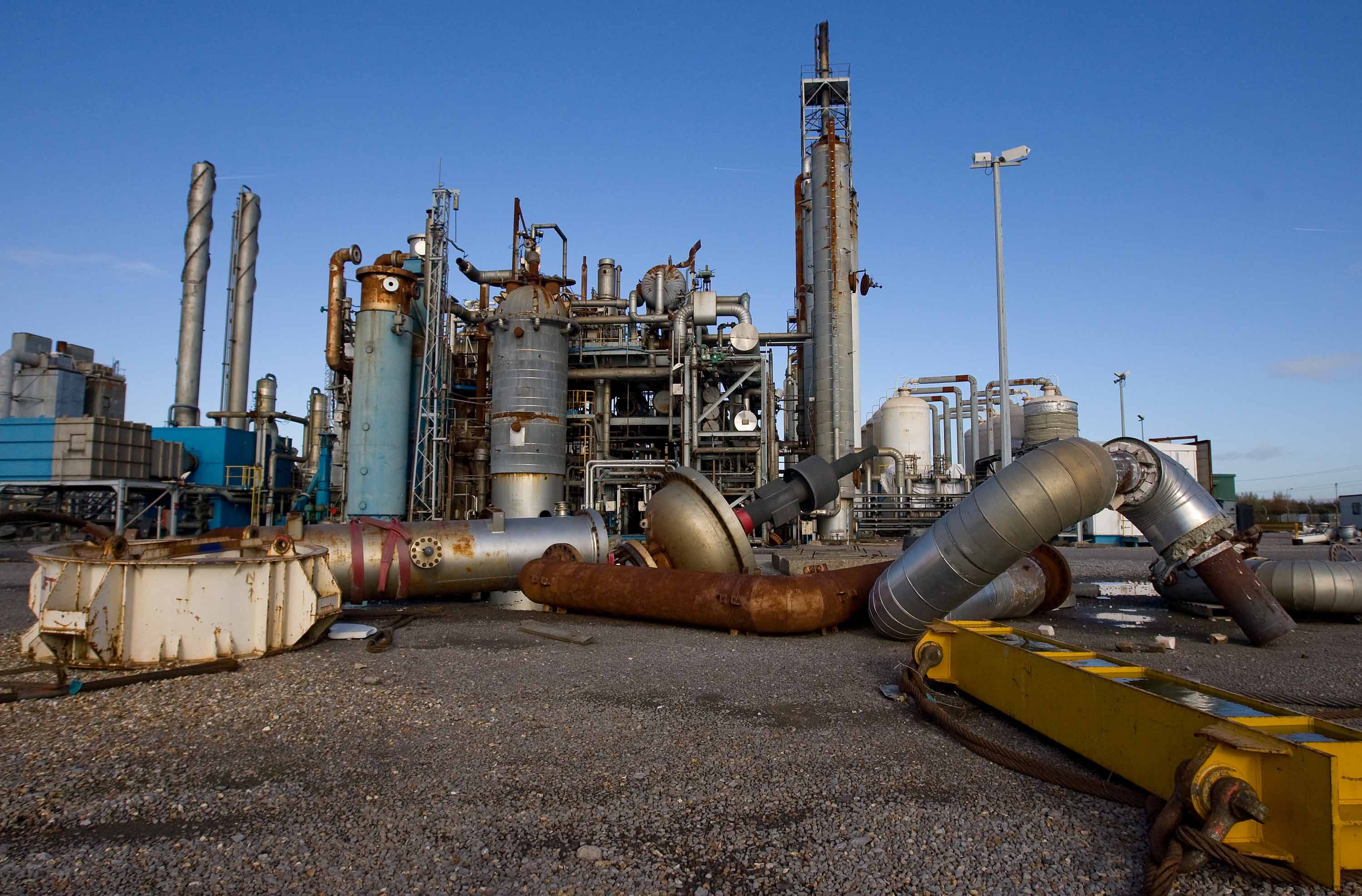In his most recent column for Demolition & Recycling International, RVA’s MD Richard Vann looks at when it’s right to say no to a demolition assignment. If you missed the article, read it in full here…
If you look at management resources such as Harvard Business Review, there is endless advice to help those of us throughout the world of commerce learn how to say one of the shortest words in the English language – no. Yet these two letters are often the toughest to utter, especially when it comes to the projects you commit to, for customers.
In some walks of business life, a simple set of guiding principles helps the decision-making process. I know an organisation in the communications sector, for example, who will only take on a piece of work for love (passion), fame (reputation), or money.
Such a clean-cut barometer makes sense on the face of it. But – and perhaps it’s because demolition assignments are largely inherently hazardous – I’d argue there should be even more deciding factors at play when it comes to the calls we make in our industry. Safety standards, resource constraints and other known or probable risks, are just some of the considerations.
For example:
- The health and safety of the people you are responsible for – including those on site and in the surrounding area – should come before anything else. If decommissioning, decontamination, dismantling or demolition methodology is proposed which even hints at potential corner cutting, it’s not worth it. The reputational damage of an avoidable incident – not to mention the breach of duty of care, the risk of litigation and worse still risk to life – could be catastrophic. Likewise, repeated breaches and/or poor management of on-site EHS protocol should raise the same alarm bells. Knowingly putting the environmental integrity at risk is equally non-negotiable for many demolition professionals.
- There’s a fine line between pushing your team to excel, innovate and tread beyond its comfort zone, and knowingly embarking on work that requires a defined skill-set to execute. Be clear on the expertise required to truly meet the demands of a project, and don’t be afraid to ask for help at the outset, or even when the assignment is underway – just don’t leave it too late.
- Just as a client would undertake thorough due diligence before appointing a project team, demolition professionals throughout the supply chain should also be vigilant when committing to work – particularly if their contract is with an organisation that has rationalised their operations due to financial difficulties. This is not to suggest an asset owner would ever purposefully breach payment terms, but confidence in the client’s liquidity and ability to fund ‘best practice’ is naturally important.
- While politics in business is dangerous territory, it is for this very reason that projects sometimes do not align with the values or morals of the demolition firm – and that’s OK. Undertaking work in locations known for political unrest could also put personnel in unnecessary danger.
- Sometimes, the reasons for saying no – or at least renegotiating the parameters of work – exist for more practical reasons. If an overseas client was to have insisted on a regular on-site presence, over the past 18 months, for example, most firms would have struggled to commit to this. Likewise, if it isn’t possible to commit resource or arrange the supply of heavy plant to site, meaning a pre-defined, immovable project schedule will inevitably slip as a result, it would be unfair to knowingly jeopardise this.
In truth, the factors are multiple and, arguably, subjective, therefore decisions should always be made, carefully, by the team closest to the brief.
It is perhaps easier to contemplate confidently walking away from a project during ‘boom times’ when a company is established, financially resilient, and the forward order book is strong. Such a bold call is perhaps tougher to make, on the other hand, when there are mouths to feed – especially during the earlier days of a company’s journey. Then, work is often – understandably – simply seen as work, not to mention an opportunity to build a portfolio and reputation.
Ultimately, an individual’s conscience – or gut feel – has a large part to play when saying no. Sometimes, I think you just know when a project is or isn’t right. Learning to listen to that conscience, is key.
Success can be determined by the job you don’t get, rather then the ones you do.









